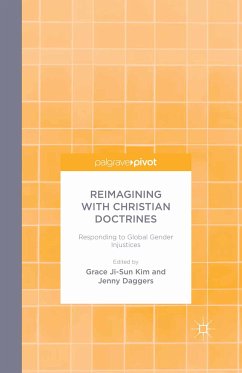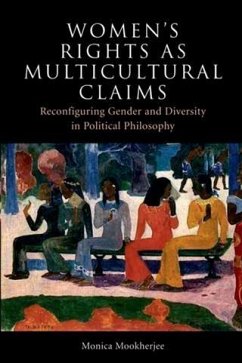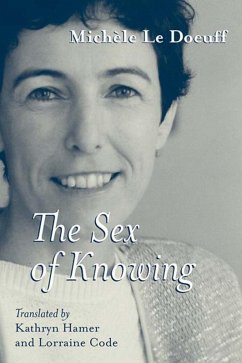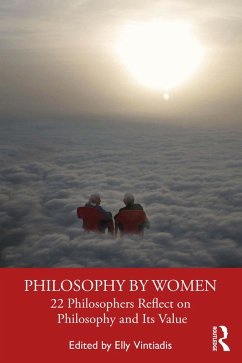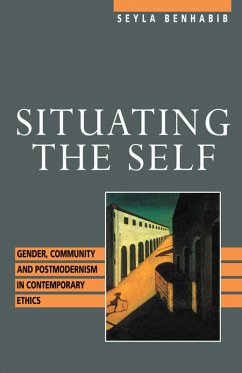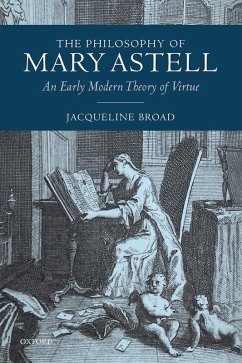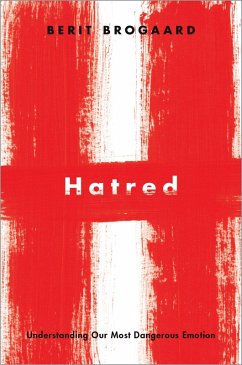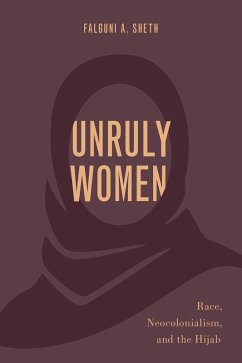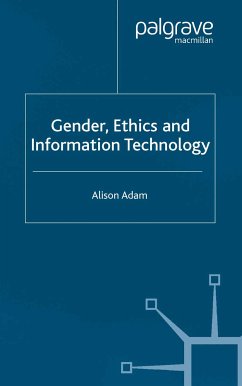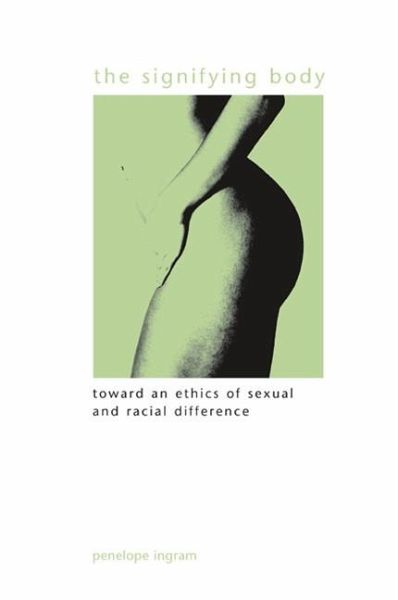
The Signifying Body (eBook, PDF)
Toward an Ethics of Sexual and Racial Difference

PAYBACK Punkte
13 °P sammeln!
Applies the ideas of Heidegger, Irigaray, and Fanon to literature and film.How do we live ethically? What role do sex and race play in living or being ethically? Can ethics lead to ontology? Can literature play a role in ethical being? Drawing extensively on the work of Luce Irigaray, Frantz Fanon, and Martin Heidegger, Penelope Ingram argues that ethical questions must be understood in light of ontological ones. It is only when sexual and racial difference are viewed at an ontological level that ethics is truly possible. Central to the connection between ontology and ethics is the role of lan...
Applies the ideas of Heidegger, Irigaray, and Fanon to literature and film.
How do we live ethically? What role do sex and race play in living or being ethically? Can ethics lead to ontology? Can literature play a role in ethical being? Drawing extensively on the work of Luce Irigaray, Frantz Fanon, and Martin Heidegger, Penelope Ingram argues that ethical questions must be understood in light of ontological ones. It is only when sexual and racial difference are viewed at an ontological level that ethics is truly possible. Central to the connection between ontology and ethics is the role of language. Ingram revisits the relationship between representation and matter in order to advance a theory of material signification. She examines a number of twentieth-century film and literary texts, including Neil Jordan's The Crying Game, J. M. Coetzee's Foe, Toni Morrison's Paradise, and Don DeLillo's The Body Artist, to demonstrate that material signification, rather than representation, is crucial to our experience of living authentically and achieving an ethical relation with the Other. By attending closely to Heidegger's, Irigaray's, and Fanon's positions on language, this original work argues that the literary text is indispensable to a "revealing" of the relationship between ontology and ethics, and through it, the reader can experience a state of "authentic Being ethically."
How do we live ethically? What role do sex and race play in living or being ethically? Can ethics lead to ontology? Can literature play a role in ethical being? Drawing extensively on the work of Luce Irigaray, Frantz Fanon, and Martin Heidegger, Penelope Ingram argues that ethical questions must be understood in light of ontological ones. It is only when sexual and racial difference are viewed at an ontological level that ethics is truly possible. Central to the connection between ontology and ethics is the role of language. Ingram revisits the relationship between representation and matter in order to advance a theory of material signification. She examines a number of twentieth-century film and literary texts, including Neil Jordan's The Crying Game, J. M. Coetzee's Foe, Toni Morrison's Paradise, and Don DeLillo's The Body Artist, to demonstrate that material signification, rather than representation, is crucial to our experience of living authentically and achieving an ethical relation with the Other. By attending closely to Heidegger's, Irigaray's, and Fanon's positions on language, this original work argues that the literary text is indispensable to a "revealing" of the relationship between ontology and ethics, and through it, the reader can experience a state of "authentic Being ethically."
Dieser Download kann aus rechtlichen Gründen nur mit Rechnungsadresse in A, D ausgeliefert werden.




